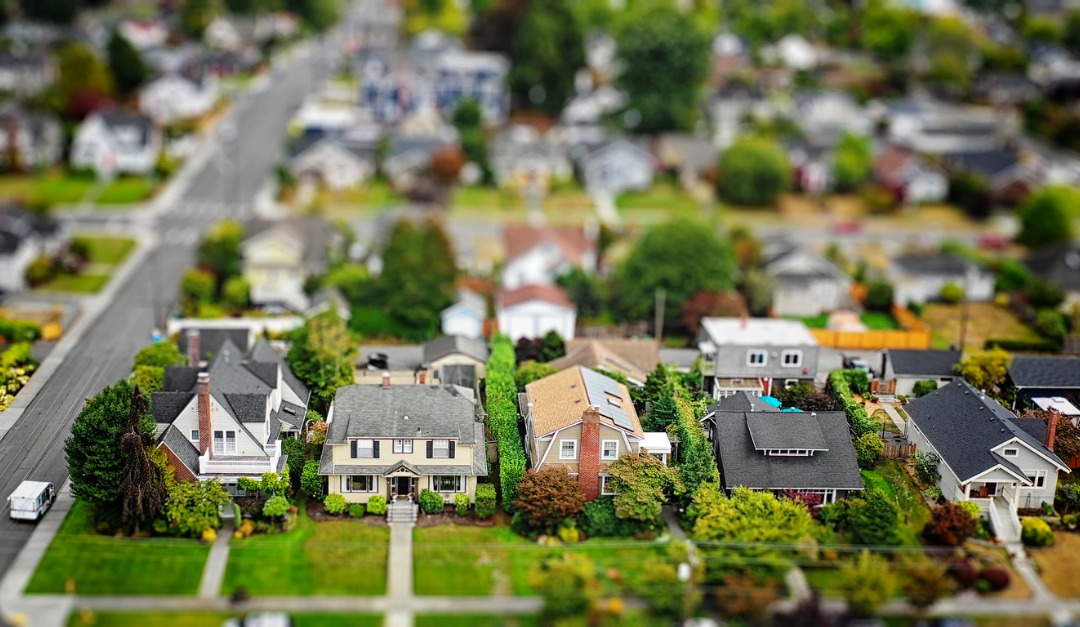
How Your Neighborhood Can Affect Your Homeowners Insurance Rates
Homeowners insurance can pay for repairs if your home is damaged by a storm, fire, or other disaster or if you’re a victim of theft or vandalism. Insurance companies take many factors into account when setting their rates, including location.
Most people understand that the region where they live is important because certain parts of the country experience more tornadoes, hurricanes, earthquakes or wildfires than others. Many people don’t realize, however, that homeowners insurance rates can vary widely from one neighborhood to another.
Neighborhood-Specific Factors That Can Affect Insurance Rates
Crime rates are largely responsible for variations in homeowners insurance premiums. Some neighborhoods may be frequent targets for burglaries, some may be more likely to face vandalism, and others may have little or no crime. These discrepancies can be due to home values, how many residences have security systems, how well-lit the streets are, how close houses are to the street and to each other, and whether there’s a neighborhood watch.
Insurance companies base their rates, in part, on how much money they’ve recently paid out in claims. If several of your neighbors have filed claims for vandalism or theft, that could affect everyone’s rates.
Proximity to emergency services can also affect homeowners insurance rates. If you own a home around the corner from a police station, officers could respond quickly if someone broke into your home. That means a burglar would likely be apprehended before taking off with valuables. Thieves might decide to skip your house altogether and target one farther from the police station. From an insurance company’s perspective, your home would be less risky to insure than one a few streets over, or even one down the street.
Fires are a frequent source of homeowners insurance claims. A house that’s just a few minutes away from a fire station could have much lower insurance rates than one 10 minutes away because a fire could be extinguished much faster and damage could be minimized at the closer house.
Some cities have several police and fire departments that serve different neighborhoods. Depending on where the lines separating jurisdictions are drawn, your neighbors across the street could be served by different departments than you are. That means one house could have emergency responders around the corner, and the other might have to wait longer for help to arrive. That could affect homeowners insurance rates.
Ways to Lower Your Premiums
Many of the factors that homeowners insurance companies consider when setting their rates are beyond your control, but you might be able to make some changes to reduce your premiums. If you live in a high-crime area, installing a security system, improving lighting in the yard, trimming bushes so burglars can’t conceal their activities, and making other security improvements could lower your rates. If you aren’t sure why your insurance premiums are so high, contact your carrier to get some insight and figure out if you can make changes to your property to lower your rates.



